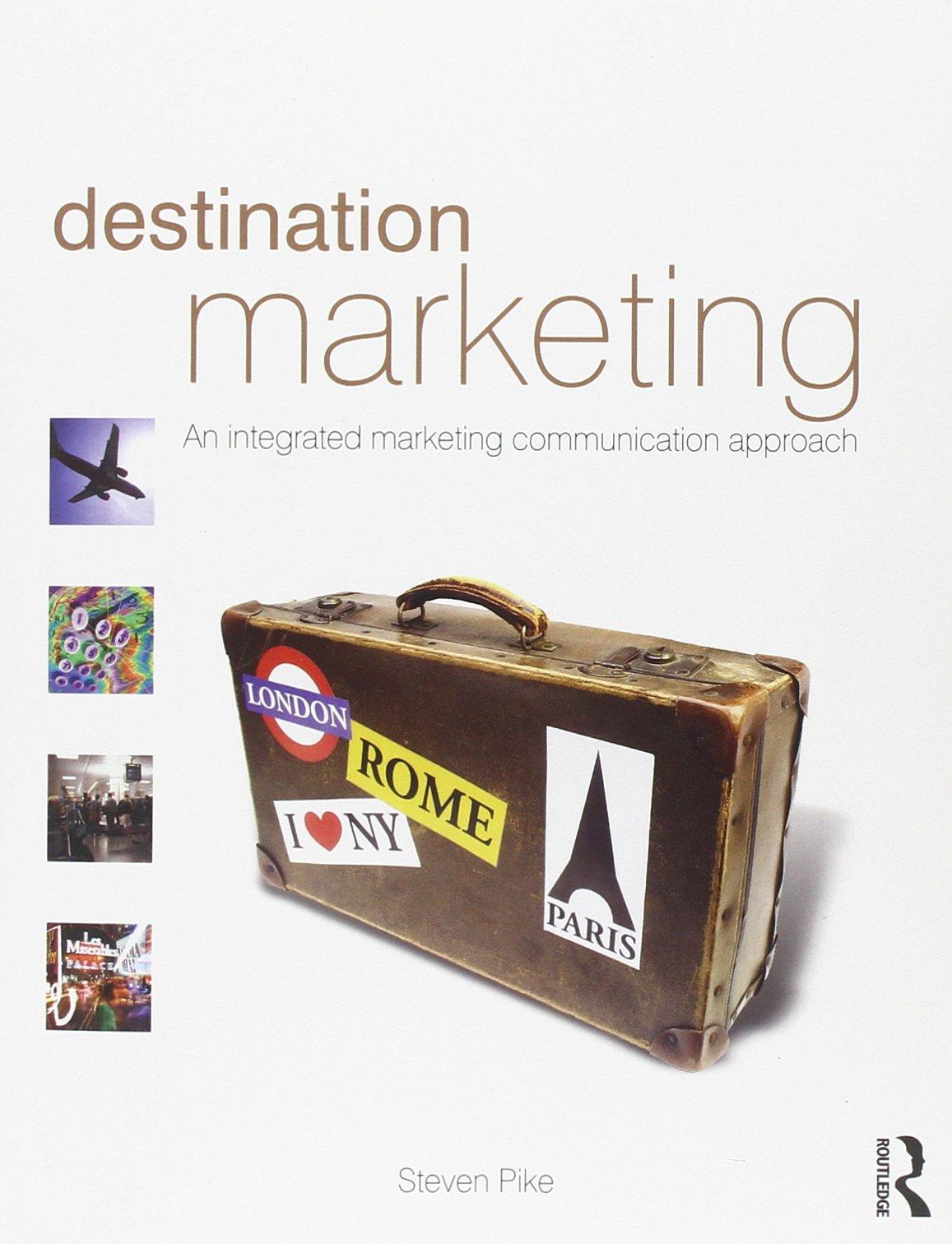Disasters, whether natural or man-made, are rarely predictable. If destinations are to prepare contingency plans for possible
Question:
Disasters, whether natural or man-made, are rarely predictable. If destinations are to prepare contingency plans for possible disasters, it is important to look forward as well as backwards, with the caveat that history is no predictor of the future. While it would be futile to attempt to predict the future (Drucker, 1995), what can be valuable is the use of scenarios.
Scenario building attempts to construct views of possible futures, in an effort to better plan for uncertainty (see Schwartz, 1992; Johnson &
Scholes, 2002). Strategic choices can be made based on how the different scenarios might unfold. In theory, this then offers the relative security of being prepared for, to varying degrees, whatever type of scenario happens.
Scenarios should be seen as carefully constructed plots, rather than predictions. When attempting to envision the future, assumptions must be made for each scenario. Since the assumptions are the key elements in determining the basis for each plot, the number should be kept to a minimum, to reduce complexity. For each scenario, a number of questions can be developed, including:
• What might lead to success or a speedy recovery where others may fail?
• What might happen to current customers?
• What might happen to future suppliers?
• What type of businesses will fare best/worst?
• What are the most important activities that need to be addressed first?
• Where should marketing resources be directed?
Step by Step Answer:

Destination Marketing An Integrated Marketing Communication Approach
ISBN: 9780750686495
1st Edition
Authors: Steven Pike




